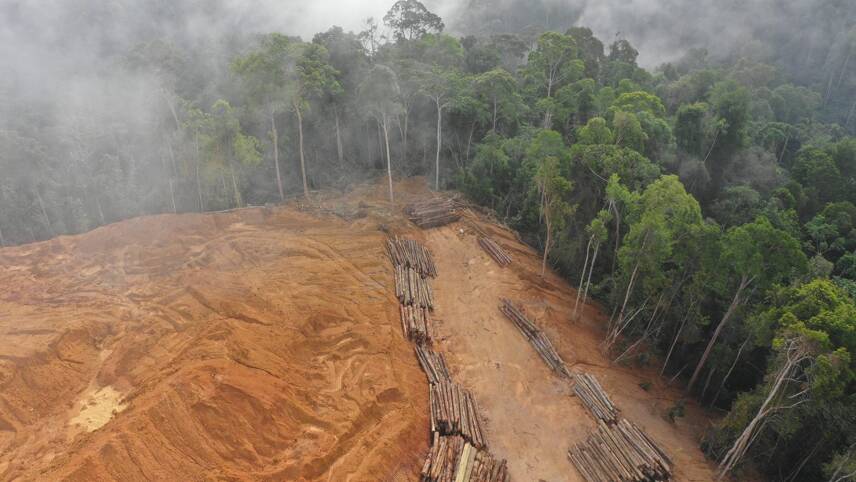Register for free and continue reading
Join our growing army of changemakers and get unlimited access to our premium content

CDP does welcome that more than 1,000 companies are reporting data. This represents a 300% increase over the past five years
CDP’s new analysis of corporate disclosure on forest-related risks has been published today (6 July), revealing that more than 1,000 companies are now disclosing relevant data.
More than 60% of companies have disclosed what types of risks deforestation poses to their business, ranging from shifts in consumer preference or increased severity of extreme weather. However, less than 10% have public commitments in place to end deforestation by 2025 and just 10 companies have deforestation targets that also focus on improving social conditions.
In total, just 269 companies estimated that the potential financial impact on corporates as a result of inaction on deforestation was almost $80bn, while the cost of responding to all risks reached just $5.9bn.
CDP actually argues that the finances related to risk are vastly underreported. CDP notes that the financial impact per reporting company sits at $300m, compared to a $17m cost to respond. More broadly, annual economic gain from a deforestation-free future is estimated at almost $900bn by 2030.
The research, which arrives just one week after the World Resource Institute announced that an area the size of Switzerland was cleared of rainforests last year, notes that neither the Paris Agreement nor the Biodiversity Treaty delivered at COP15 will be met without ending deforestation.
CDP’s global director, forests and land use, Thomas Maddox said: “It was a record-breaking year for companies disclosing on their impacts on forests, which is encouraging for transparency. The results show companies are becoming ever more aware of the risks and opportunities addressing deforestation represents, but we continue to see a gap between commitments and tangible actions. Deforestation is not a requirement of commodity production. The eradication of deforestation from commodity supply chains makes economic and environmental sense but requires appropriate financial and policy incentives to prioritise action. Deforestation has no place in the net-zero, nature-positive world science and society are demanding.
“Achieving it is a matter of ‘when’, not ‘if’. Companies acting now will reap the benefits of the opportunities. Companies acting later will face the highest costs. Financial institutions driving this action now will be future-proofing portfolios for what is inevitable. Financial institutions acting later will miss out on opportunities and risk stranded assets and significant financial losses.”
While the warnings are stark, CDP does welcome that more than 1,000 companies are reporting data. This represents a 300% increase over the past five years.
Companies were able to disclose more than 50 different risk drivers across physical, reputational, technological and regulatory. Companies also highlighted the opportunities associated with action, with more than 227 firms disclosing increased brand value and 151 noticing increased demand for certified material.
The findings are consistent with 2022 reporting on corporate disclosure.
Last year, CDP that companies “cannot afford any more delay” in tackling deforestation across their supply chains, publishing research that found that around 200 corporates were collectively risking more than $80bn in losses this decade.
The organisation’s ’Global Forests Report’ found that just one-third (36%) of these companies have publicly announced no-deforestation or no-ecosystem conversion policies.
Indeed, research has also warned that the global commitment made at COP26 to ending deforestation by 2030 could be undermined by corporate action based on current levels of inactivity.


Please login or Register to leave a comment.